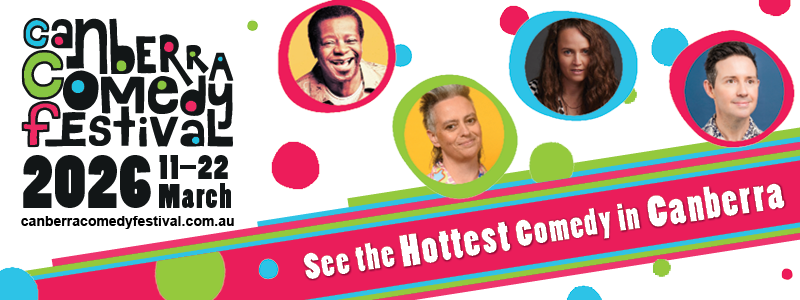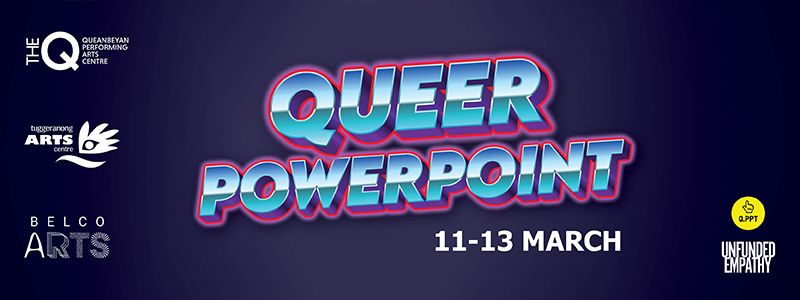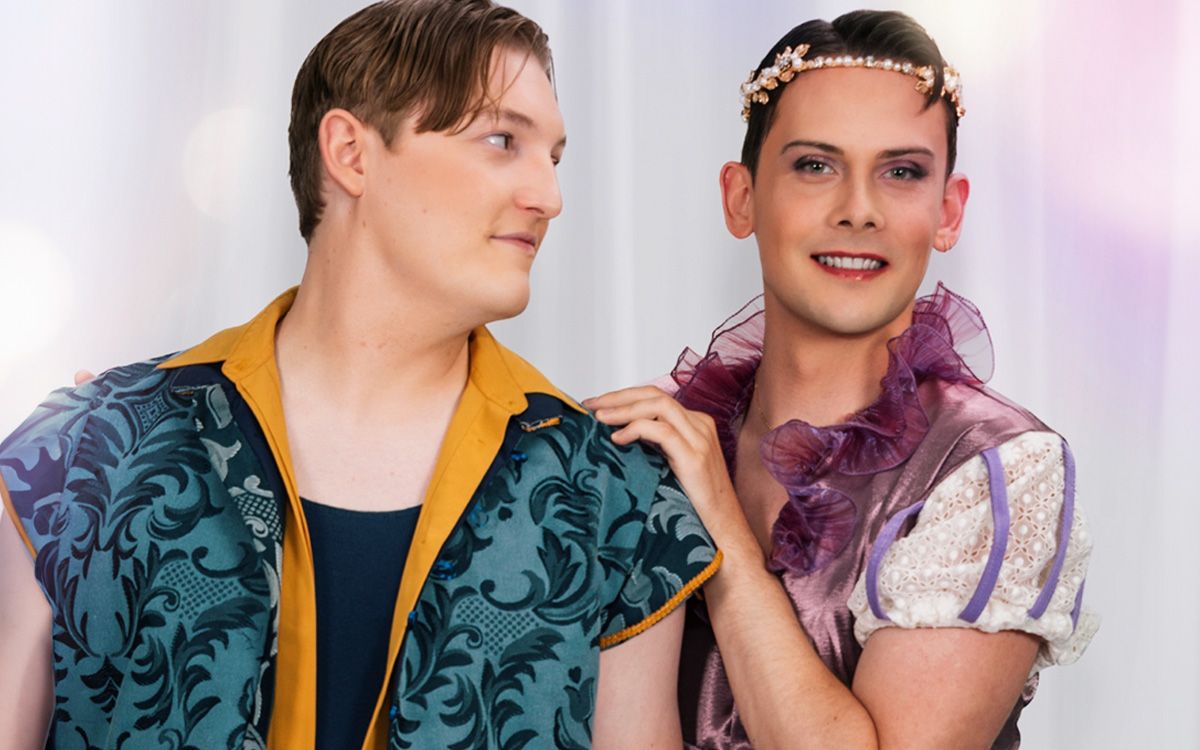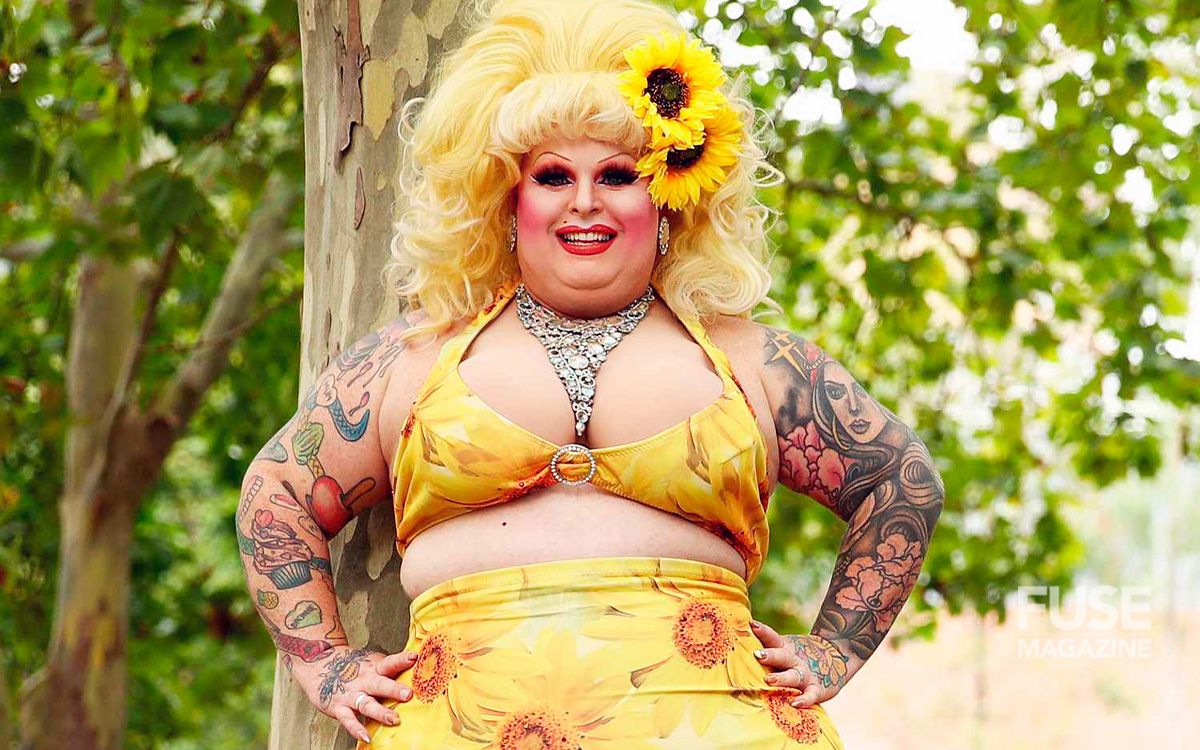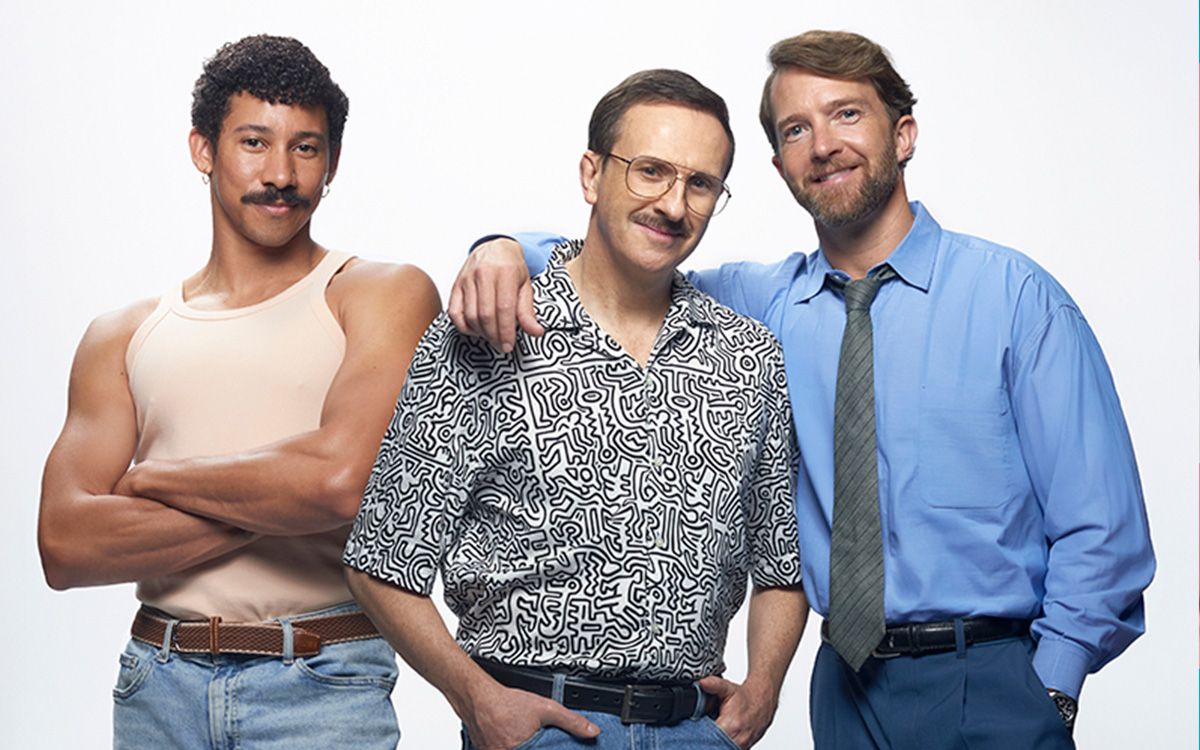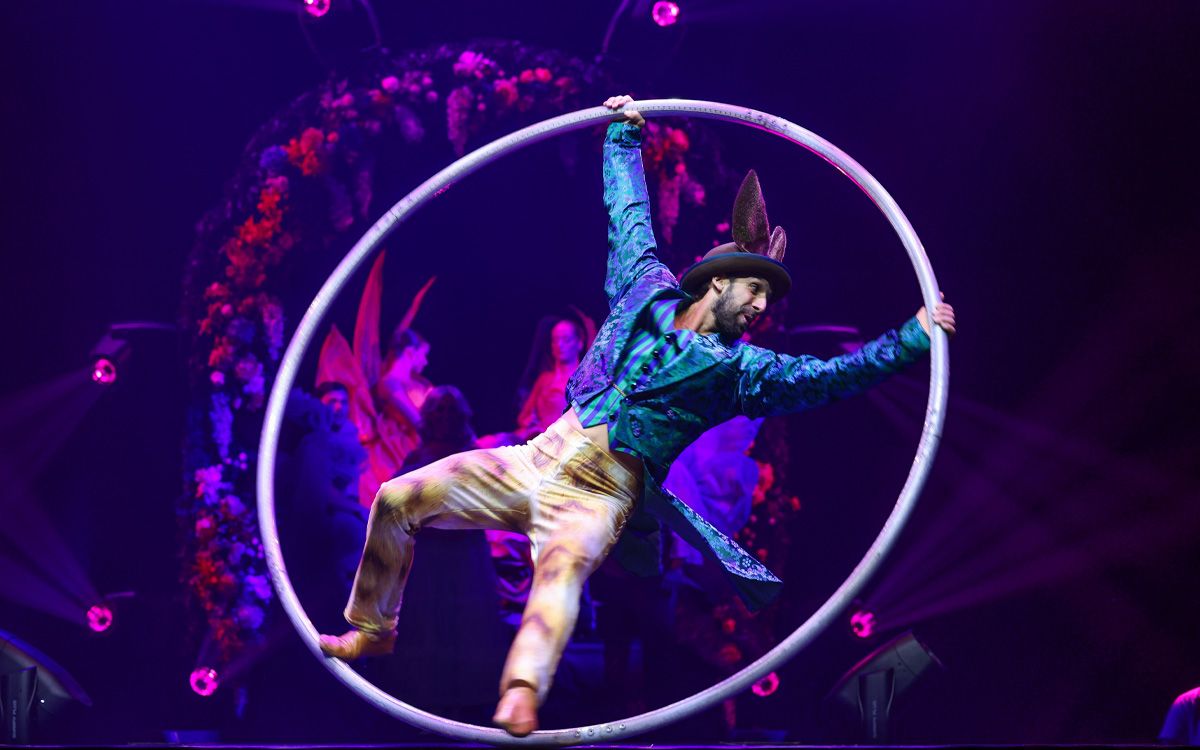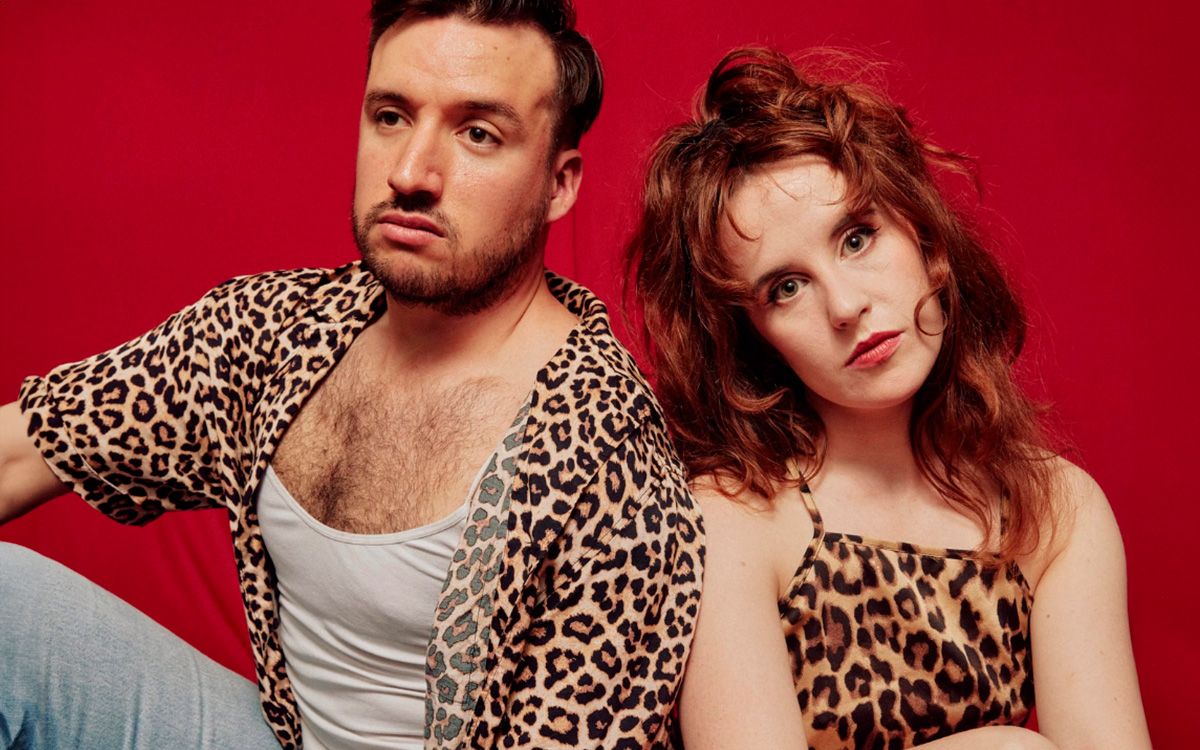Judy Small : Queer Folk Music Pioneer
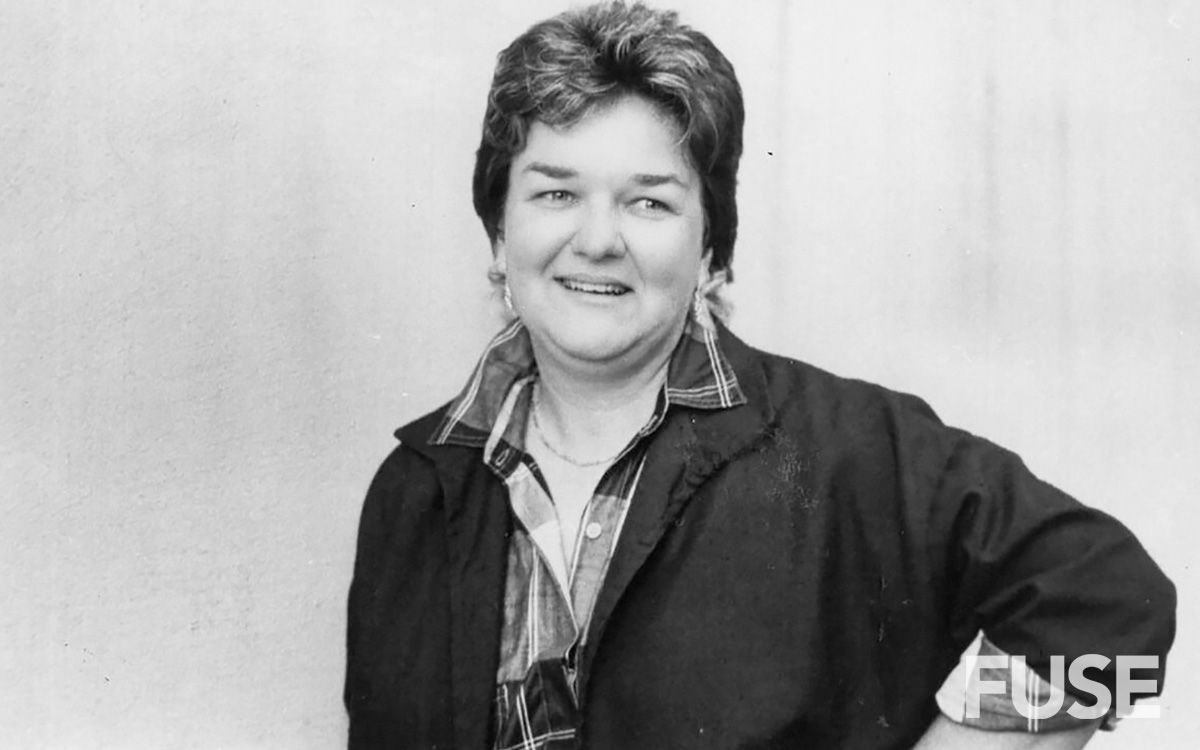
Judy Small, hailed as the Grande Dame of Australian Folk Music, has left an indelible mark on the music scene with her poignant and politically charged songs.
Hailing from Coffs Harbour, she found early inspiration in folk legends like Joan Baez and The Seekers, embarking on her musical career in the late 1970s. Her songs, acclaimed for their feminist and social justice themes, have been recorded by notable artists.
Judy’s live performances continue to resonate with local and international audiences. In 1990, she earned the Mo Award for Australian Folk Performer of the Year and was named the Port Fairy Folk Festival Artist of the Year in 1997. Beyond her musical achievements, her dedication to LGBTIQ+ causes underscore her significant impact on music and advocacy.
In the leadup to performing at the upcoming SpringOUT concert, David Blanco from FUSE spoke with Judy about community, music and her long relationship with Qwire.
Hello Judy, I’d love to start by asking about your connection with Qwire and how it came about?
I’m fairly sure I had friends in what was then the Canberra Gay & Lesbian Choir back in the early 90s. They knew my music/p>
(I had played at festivals and concerts in Canberra since the 70s) and that I had written some songs about being a lesbian and some other LGBTIQ+ issues, including “A Man Among Men” about the AIDS pandemic, “No Tears for the Widow” about marriage equality and “Turn Right, Go Straight” about the rigidity of some religious beliefs. They thought my music would be compatible with what Qwire were doing, and they were so right! I say “I’m fairly sure” because it was about 30 years ago, and my memory isn’t quite as sharp as it was then.
I can’t remember exactly how many gigs I’ve done with them, but it does feel like an affiliation that I treasure.
Why do you think Qwire is an important part of our community?
Choirs are essential, especially those whose very existence has been historically under threat. They don’t just provide entertainment for audiences and get them thinking about the community they belong to; they also give their choristers the absolute joy of singing with others of similar political and musical tastes, all of which help to cement the community’s identity.
Have you ever been in a choir?
Oh yes, that’s where I learned to sing! I was in the school choir from kindergarten to year 12, as well as the madrigal group and the folk group at high school, because I have always loved to sing. Singing with others can create such a feeling of belonging and send shivers up your spine at the sheer beauty of the harmonies.
Nowadays, I occasionally sing with a local Melbourne choir, although my solo schedule makes it a bit difficult to get to every rehearsal.
What do you think are the differences between performing alone and with the backup?
When I’m alone on stage, I have total control over what happens. I have to hold the audience’s attention on my own, and the success of the whole gig is on me.
When I get the chance to share that whole experience with a choir, it becomes something greater than just the sum of the parts. When there’s a choir on three sides of me, I feel as though I’m in a kind of sonic bath that both thrills and rejuvenates me. Add an appreciative audience to that, and there is simply nothing like it!
Do you feel that folk and protest music is as relevant today as it was in the 1960s, 70s and 80s?
Of course, my answer to that is yes! Every political movement in history has had music form part of it.
Over the last couple of centuries, a diverse array of songs has emerged, reflecting historical events and societal movements, including those during the Industrial Revolution, Crimean and Boer Wars, suffragette movement, World Wars I and II, the Atomic Era’s peace songs, the US civil rights movement, the Vietnam War, the feminist movement and the evolving dynamics between First Nations peoples and settlers. Music and songs can rouse people much more than words alone. Again, the whole is greater than the sum of the parts.
It’s incredibly important that people feel part of a larger movement and that they are not alone in their beliefs. That is true whether the songs are sad, celebratory or polemical.
Are you looking forward to ‘Singing Out with Pride’ and what can audiences expect?
Yes, of course! We will be singing a few songs together, and I am so delighted about that. I’ll be performing some of my songs that celebrate pride and issues still faced by our community, while Qwire will be singing their own repertoire, which is certain to get people’s brains thinking and toes tapping.
It will be a great afternoon of celebration, thoughtful reflection, and just plain fun!

Catch Judy Small at Singing Out with Pride!
Qwire ‘Singing Out with Pride’ Anniversary Concert
- Saturday 11 November 2023 @ 3:00pm
- Llewellyn Hall, ANU School of Music.
- canberraqwire.org.au
- Free transport assistance is available through Northside Community Service. 6171 8000.
- Remember to check Qwire Facebook page for news and updates.


